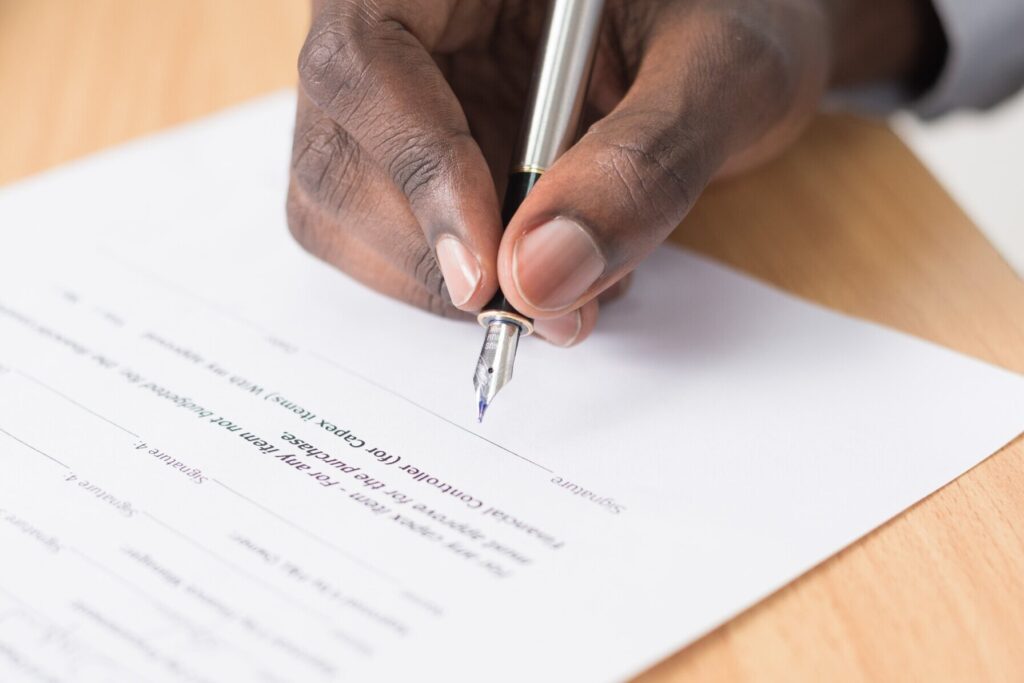FNCB Forensic Nurse Core Competencies
FNCB is the Certifying Body for Forensic Nurses Globally

Competency
FNCB aims to better understand how forensic nurses progress in their professional roles over time. Since the release of the American Association of Colleges of Nursing Essentials (2021), the FNCB worked to align forensic nurse pedagogy at accredited programs of study with the two Levels of Practice – Level I (BSN) and Level II – (advanced nurses with graduate degrees). The Delphi Study over 20 years guaranteed alignment with the AACN Essentials and the FNCB Core Competencies. Each competency area identifies the domain and provides a description and context for the practice of forensic nurses with sub-competencies and exemplars, which is the way nursing competency is manifested in forensic nurse practices.
FNCB Core Competencies ©FNCB (Summary)
Table 1
Forensic Nursing Core Competencies for Generalist and Advanced Forensic Nurses Summary (©FNCB) (Speck & Mitchell, 2022, pp. 19-20)
|
Domain |
Brief Description of Competency Summaries |
|
|
1 |
Knowledge of the Practice |
All forensic nurses integrate, translate, and apply established and evolving forensic nursing knowledge, as well as knowledge from other disciplines, which includes a foundation in liberal arts and other sciences. The acquisition of knowledge distinguishes the levels of entry into the practice of professional forensic nursing and forms the basis for clinical judgment and innovation in forensic nursing practices. |
|
2 |
Person-Centered Trauma-Informed Care |
All forensic nurses implement person-centered care focusing on the individual within multiple complicated contexts, including family and/or important others. Person-centered care with forensic nursing populations is trauma-informed, holistic, just, respectful, compassionate, coordinated, evidence-based, and developmentally appropriate. |
|
3 |
Forensic Populations |
Population health in forensic nursing spans the health care delivery continuum and describes collaborative activities among stakeholders for the improvement of equitable population health outcomes when vulnerable populations experience trauma or intersect with the legal system. |
|
4 |
Forensic Nursing Scholarship |
All forensic nurses participate in the generation, synthesis, translation, application, and dissemination of forensic nursing knowledge to improve health and transform health care for patients intersecting with the legal system. |
|
5 |
Quality and Safety in Forensic Settings |
All forensic nurses participate in the employment of established and emerging principles of safety and improvement of science to further quality forensic nursing care. As core values of forensic nursing practice, quality and safety enhance care and minimize harm to patients and providers through both system effectiveness and individual performance. |
|
6 |
Interprofessional Relationships |
All forensic nurses participate in intentional collaboration across professions and with multidisciplinary and interprofessional team members, patients, families, and communities to optimize care, enhance the medical-legal health care experience, and strengthen outcomes. |
|
7 |
Systems-Based Practice |
All forensic nurses respond to and lead within the complex interprofessional systems of health care and communities by coordinating care delivery, resources, and evaluation to provide safe, quality, equitable care to diverse populations with trauma experiences and/or intersecting with the legal system. |
|
8 |
Informatics and Technology |
All forensic nurses use information and communication technologies where informatics processes are used to support patients intersecting with legal systems. |
|
9 |
Professionalism |
The forensic nurse participates in the formation and cultivation of sustainable professional and advanced forensic nursing identities, including accountability, perspective, collaborative disposition, and comportment that reflects forensic nursing’s characteristics and values. |
|
10 |
Life-long Learning and Leadership |
All forensic nurses participate in activities and self-reflection to foster personal health, overcome barriers, build resilience and well-being, continue lifelong learning, and support the acquisition of forensic nursing expertise and assertion of leadership at professional and advanced forensic nursing roles. |
Table 1 Source:
Speck, P. M. & Mitchell, S. A. (2022). Foundations of Forensic Nursing. [Chapter 2, pp. 19-36]. In Faugno, D. K., Mitchell, S. A., Sievers, V., Pederson, S., Volz, J., Speck, P. M. [Eds.]. Introduction to Forensic Nursing Principles and Practice. In Forensic Learning Series, STM Learning, Inc., St. Louis, MO ISBN 978-1-953119-07-0
Table 1 Selected References:
- The Forensic Nursing Certification Board. Forensic Nursing Core Competencies for Generalist and Advanced Forensic Nursing Practice. FNCB. 2021. Accessed December 11, 2021.
- American Association of Colleges of Nursing. The Essentials: Core Competencies for Professional Nursing Education. American Association of Colleges of Nursing. 2021. Accessed November 11, 2021.
- Nursing: Scope and Standards of Practice. 4th ed. American Nurses Association; 2021.
- Lynch VA. Clinical forensic nursing: A descriptive study in role development.
Thesis. University of Texas Arlington; 1991. - Substance Abuse and Mental Health Services Administration. (2014). Trauma-Informed Care in Behavioral Health Services. Treatment Improvement Protocol (TIP) Series 57 (Vol. HHS Publication No. (SMA) 13-4801). US Department of Health and Human Services.
